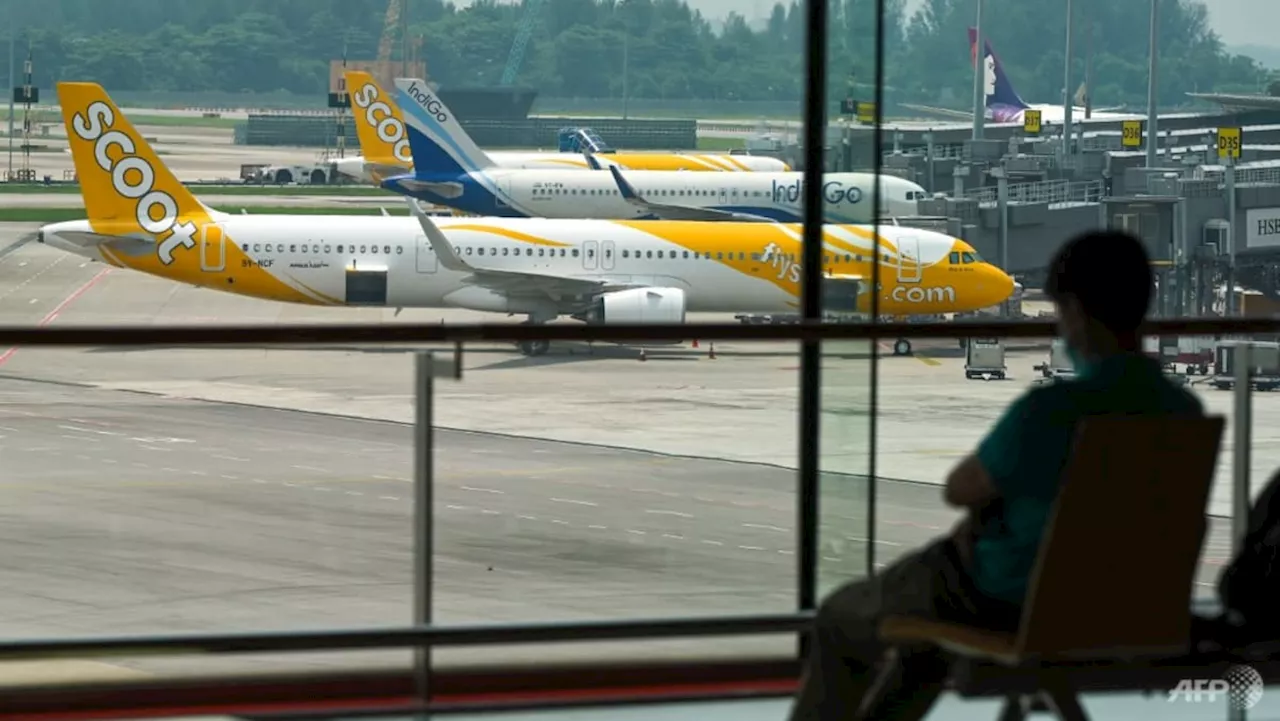A new US antitrust case claims that Google has monopolised digital advertising by unlawfully excluding its competitors. It could change ad tech and the entire internet, says a senior lecturer of law from the University of Queensland.
FILE - The Google logo at their offices in Granary Square, in London, on Nov. 1, 2018. , which last year brought in more than US$200 billion. The US Department of Justice, along with 17 states, claims Google ’s parent company, Alphabet , has monopolised multiple digital advertising technology products by neutralising or eliminating its competitors. The department says this"has caused great harm to online publishers and advertisers and American consumers".
In August 2024, a United States court ruled Google had illegally maintained its monopoly on internet search. Because the trial is only just beginning, many aspects of the case are not yet known. Assistant Attorney General Jonathan Kanter says this has had – and continues to have – the effect of"driving out rivals, diminishing competition, inflating advertising costs, reducing revenues for news publishers and content creators, snuffing out innovation, and harming the exchange of information and ideas in the public sphere".
More than 20 years ago, the European Commission successfully prosecuted Microsoft for violating competition law. This was followed by other successful anticompetition law cases. For example, in 2017, the commission fined Google more than €2.4 billion for abusing its dominant position as a search engine.
But these two cases against Google are not the only ones US authorities are pursuing against big tech.
South Africa Latest News, South Africa Headlines
Similar News:You can also read news stories similar to this one that we have collected from other news sources.
 Commentary: Google ruled an illegal monopoly - where does the tech giant go from here?It has become the job of the state to protect people from tech giants consolidating dominance, but the question is how, says economist Renaud Foucart from Lancaster University.
Commentary: Google ruled an illegal monopoly - where does the tech giant go from here?It has become the job of the state to protect people from tech giants consolidating dominance, but the question is how, says economist Renaud Foucart from Lancaster University.
Read more »
 Commentary: AI phones from Google and Apple will erode trust in everythingWhen anyone can manipulate a photo in seconds, it’ll get harder to believe what we see and hear, says Parmy Olson for Bloomberg Opinion.
Commentary: AI phones from Google and Apple will erode trust in everythingWhen anyone can manipulate a photo in seconds, it’ll get harder to believe what we see and hear, says Parmy Olson for Bloomberg Opinion.
Read more »
 Commentary: ‘No strings attached’ cash aid for lower-income should be seen as resource, not rewardProgrammes can help the lower-income by relieving the “bandwidth tax”, as AWWA’s experience with unconditional cash assistance shows, says Cindy Ng of Children’s Aid Society.
Commentary: ‘No strings attached’ cash aid for lower-income should be seen as resource, not rewardProgrammes can help the lower-income by relieving the “bandwidth tax”, as AWWA’s experience with unconditional cash assistance shows, says Cindy Ng of Children’s Aid Society.
Read more »
 Commentary: Why aren’t the Olympics and Paralympics combined into one Games?A combined Olympic and Paralympic Games would include approximately 15,000 athletes over 50 sporting disciplines, says this professor.
Commentary: Why aren’t the Olympics and Paralympics combined into one Games?A combined Olympic and Paralympic Games would include approximately 15,000 athletes over 50 sporting disciplines, says this professor.
Read more »
 Commentary: Does Singapore really need such a short flight to Melaka?Scoot’s decision to launch Singapore-Melaka flights raises sustainability questions when routes of similar length are being cut back in other regions, says aviation analyst Brendan Sobie.
Commentary: Does Singapore really need such a short flight to Melaka?Scoot’s decision to launch Singapore-Melaka flights raises sustainability questions when routes of similar length are being cut back in other regions, says aviation analyst Brendan Sobie.
Read more »
 Commentary: Malaysia and the South China Sea dispute - a sea change under PM Anwar Ibrahim?Malaysia’s position on the South China Sea dispute vis-a-vis China has remained remarkably consistent, says ISEAS-Yusof Ishak Institute’s Ian Storey.
Commentary: Malaysia and the South China Sea dispute - a sea change under PM Anwar Ibrahim?Malaysia’s position on the South China Sea dispute vis-a-vis China has remained remarkably consistent, says ISEAS-Yusof Ishak Institute’s Ian Storey.
Read more »
